For fitness enthusiasts and professional athletes alike, maintaining a secure grip during workouts is non-negotiable. Traditional gym chalk or liquid chalk has long been the go-to solution for preventing sweaty palms from sabotaging performance. However, the messy residue and potential respiratory concerns associated with powdered chalk have led many to seek alternative solutions. The quest for reliable grip enhancers has given rise to innovative products and techniques that challenge the dominance of conventional gym chalk.
The limitations of traditional gym chalk have become increasingly apparent in modern fitness environments. While effective at absorbing moisture, chalk dust creates a fine layer of pollution in training spaces that can irritate lungs and stain equipment. Many commercial gyms have started banning powdered chalk altogether, forcing athletes to explore cleaner options. This shift has accelerated research into alternative grip solutions that provide comparable performance without the drawbacks of traditional chalk.
One promising development comes in the form of liquid grip solutions. These alcohol-based formulas combine rosin with other tackifying agents to create a long-lasting, non-slip surface on the hands. Unlike powdered chalk that needs frequent reapplication, liquid grips often maintain their effectiveness through extended training sessions. The application process is cleaner, with no airborne particles, making these products more gym-friendly. Many professional climbers and weightlifters have made the switch, reporting comparable or superior grip performance to traditional chalk.
Grip-enhancing gloves represent another viable alternative that has gained significant traction. Modern training gloves incorporate advanced materials like silicone patterns or rubberized palms that provide exceptional friction without any messy residue. The best models offer breathability while maintaining grip integrity even during high-rep, high-sweat workouts. For exercisers who prefer direct bar contact, fingerless designs preserve tactile feedback while still delivering the necessary friction to prevent slipping.
The sports equipment industry has responded to the demand for cleaner grip solutions with innovative products like grip sprays and tacky towels. These portable options create instant friction when applied to hands or equipment surfaces. Some formulas use natural pine rosin or other plant-based resins that provide an eco-friendly alternative to synthetic compounds. The sprays in particular offer quick-drying convenience, making them popular among athletes who need to reapply grip assistance between sets without disrupting their workout flow.
Natural alternatives have also emerged from unexpected sources. Some athletes swear by the use of pine tar, a traditional baseball grip enhancer, for heavy lifting sessions. Others have found success with specially formulated climbing balms that condition the skin while improving friction. These organic options appeal to fitness purists who prefer minimally processed solutions. However, their effectiveness can vary dramatically depending on individual skin chemistry and workout conditions.
Beyond commercial products, training techniques can significantly impact grip performance without any external aids. Proper hand positioning, grip strength exercises, and strategic use of chalk alternatives only when absolutely needed can develop more sustainable gripping power. Many coaches now emphasize grip endurance training as fundamental preparation, reducing reliance on artificial enhancers during actual workouts. This approach builds long-term hand strength while minimizing product dependency.
The evolution of grip technology continues as material science advances. Nanotechnology applications show promise in creating microscopic surface textures that enhance friction naturally. Some experimental coatings can even adjust their tackiness in response to moisture levels. As these innovations mature, they may render traditional chalk obsolete, offering athletes cleaner, more effective ways to maintain control during their most demanding workouts.
For now, the optimal solution varies by individual needs and workout types. What's clear is that the fitness world has moved beyond viewing powdered chalk as the only viable grip solution. The expanding range of alternatives provides options for every preference and situation, from quick-drying sprays for commercial gym users to high-tech gloves for competitive powerlifters. This diversity in grip solutions reflects the growing sophistication of training equipment and the fitness industry's responsiveness to athlete needs.
As research continues and new products enter the market, the conversation has shifted from simply finding chalk substitutes to optimizing grip performance holistically. The next generation of grip enhancers will likely integrate multiple approaches - combining material science, ergonomic design, and training methodology to help athletes perform at their peak without compromise. This comprehensive approach to grip security represents the future of performance enhancement in weight training and beyond.

By /Jul 28, 2025
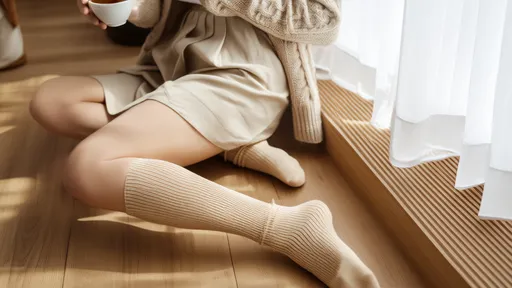
By /Jul 28, 2025

By /Jul 28, 2025

By /Jul 28, 2025

By /Jul 28, 2025

By /Jul 28, 2025

By /Jul 28, 2025

By /Jul 28, 2025
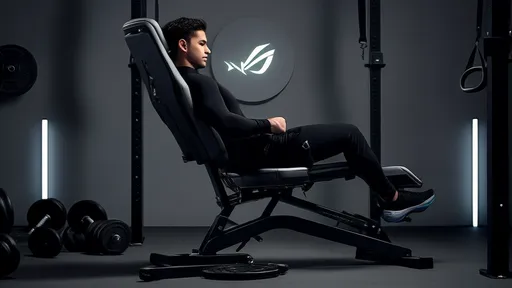
By /Jul 28, 2025

By /Jul 28, 2025
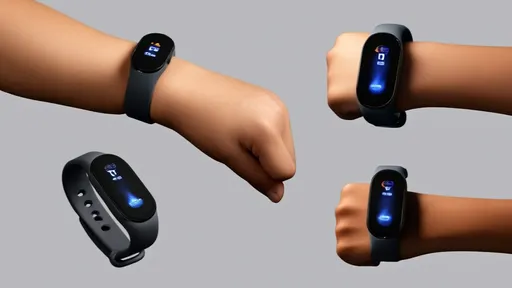
By /Jul 28, 2025
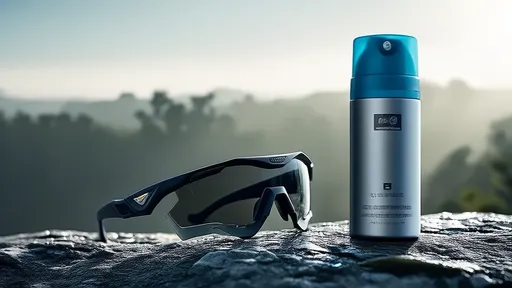
By /Jul 28, 2025
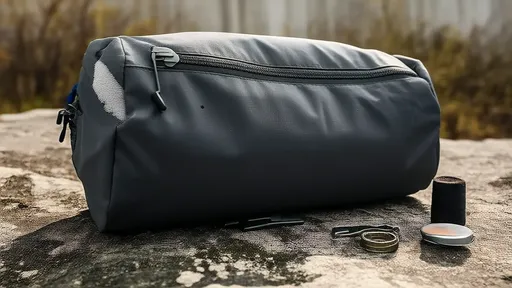
By /Jul 28, 2025
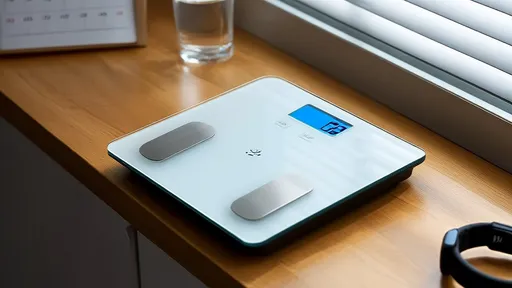
By /Jul 28, 2025
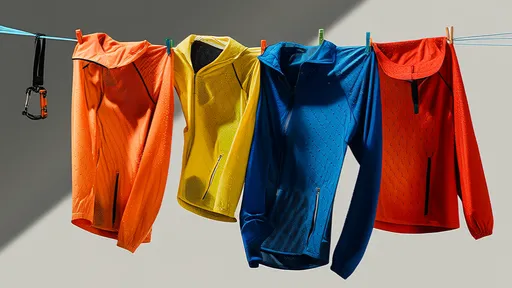
By /Jul 28, 2025
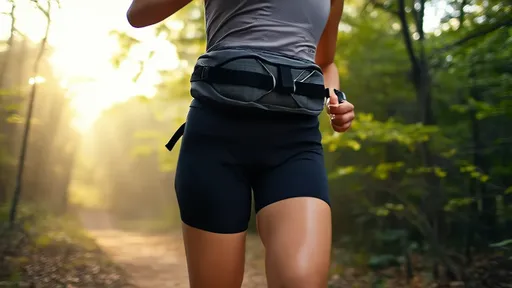
By /Jul 28, 2025
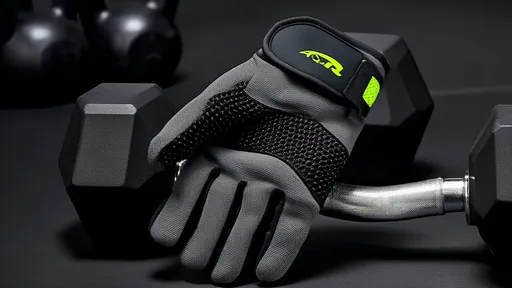
By /Jul 28, 2025
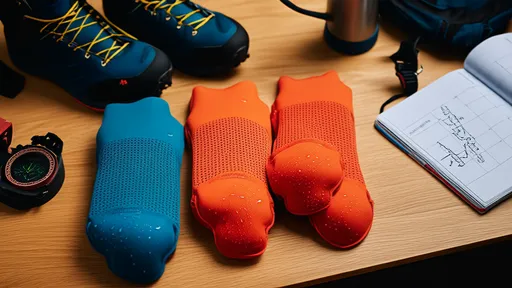
By /Jul 28, 2025

By /Jul 28, 2025
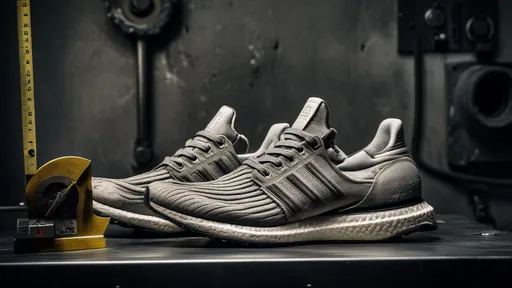
By /Jul 28, 2025